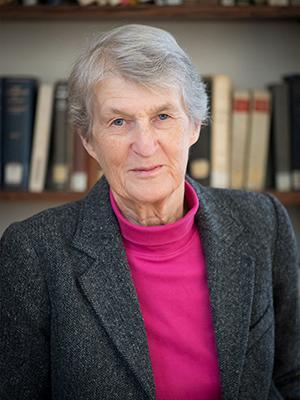Event Date:
Event Date Details:
Please register by following this link: https://us02web.zoom.us/webinar/register/WN_SlRhJq4DTAaH-ozKNcrCdg
Event Location:
- Online
Event Price:
This event is free and co-organized by the Graduate Center for Literary Research, University of California, Santa Barbara and with the support of the Gramian-Emrani Foundation and Duncan and Suzanne Mellichamp Funds.
Event Contact:
Rachel Feldman

The Iranian Studies Initiative at UCSB and Farhang Foundation invite you to
A PERSIAN POET IN STALIN'S RUSSIA:
Abolqasem Lahuti in Tajikistan
a free live lecture event by Dr. Katerina Clark - Yale University
This event is a part of a lecture series on
Iranian Art and Literary Exchange Between Iran, Transcaucasia, Central Asia, and Russia in the 20th Century.
This series is co-organized by the Graduate Center for Literary Research, University of California, Santa Barbara and with the support of the Gramian-Emrani Foundation and Duncan and Suzanne Mellichamp Funds.

Katerina Clark will be discussing the Soviet career of Abolqasem Lahuti (1887-1957) from Kermanshah. Lahuti fled to Soviet Russia in 1922 after leading an ill-fated revolutionary uprising in Tabriz and eventually settled in Tajikistan where the language was close to Farsi. By the early 1930s he had risen to third highest in the Soviet Writers Union and had become a darling at Stalin’s court, only to fall out of favor by the late 1930s. Clark’s paper will focus less on his career, however, than on how Lahuti in his Soviet verse sought to meld the conventions of the Persianate literary tradition (and of Abolqasem Ferdowsi’s Shanameh in particular) with those of socialist realism. His poems were often singled out as exemplifying Stalin’s dictum that the literature of the Soviet minorities be “[Ethno-]National in form and socialist in content” – or at any rate they were until the “national” was redefined and he was blacklisted as too Persian.
Katerina Clark, newly named as the B.E. Bensinger Professor of Comparative Literature and of Slavic Languages and Literatures, focuses her research on Russian, European, and Eurasian film, literature, performing arts, art, architecture, and literary theory; cultural interactions; world literature; and art and ideology. Clark’s present book project, tentatively titled “Eurasia without Borders?: Leftist Internationalists and Their Cultural Interactions, 1917-1943,” looks at the interactions during the inter-war years of European culture producers with counterparts in Asia, principally in Turkey, Iran, Afghanistan, northern India, China, Japan, and Mongolia.
Katerina Clark is Professor of Comparative Literature and of Slavic Languages and Literatures at Yale University.


